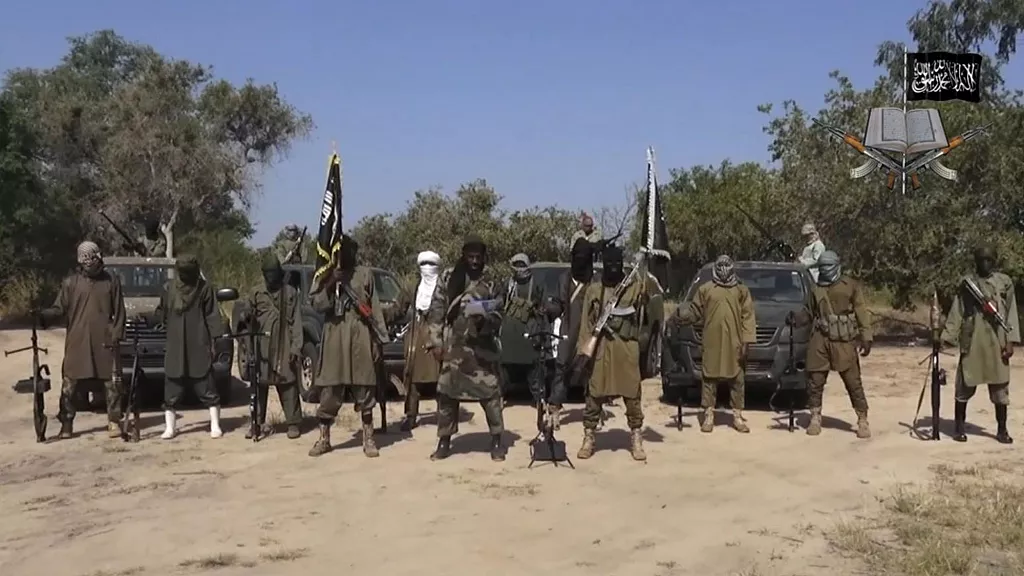Chadian security forces have detained Muslim Mohammed Yusuf, the 18-year-old son of late Boko Haram founder Mohammed Yusuf, along with five suspected collaborators allegedly linked to the Islamic State West Africa Province (ISWAP).
The arrest, disclosed by a Nigerian intelligence official to AFP, included the release of a photo of the detainees. Observers noted that one of the men bore a “striking resemblance” to Boko Haram’s original leader, fueling speculation that the young Yusuf is indeed among those captured.
Muslim Yusuf, the youngest son of the radical preacher killed by the Nigerian army in 2009, is believed to have joined ISWAP—a breakaway faction of Boko Haram led by his older brother, Abu Musab al-Barnawi. His reported arrest highlights the continuing generational pull of jihadist ideology within the Yusuf family, despite the death of its patriarch nearly 15 years ago.

Chadian authorities have so far stopped short of confirming Yusuf’s identity, describing those in custody merely as “bandits” and “Boko Haram members.” This cautious framing may signal either ongoing verification or an attempt to control the political and security implications of such a high-profile capture.
Boko Haram and its splinters continue to destabilize northeastern Nigeria and surrounding regions. In June, the group was linked to a devastating suicide attack in a marketplace that killed at least 12 people, underscoring its ongoing capacity for mass violence despite internal fractures.
Critical note: The alleged arrest of Muslim Yusuf underscores a recurring problem in counterterrorism efforts across the Sahel and Lake Chad Basin: even as militant leaders are killed, their families and protégés often re-emerge within successor factions, sustaining a cycle of violence. If confirmed, this development raises questions about whether security forces are addressing the deeper socio-political and economic roots that allow such groups to replenish their ranks.


